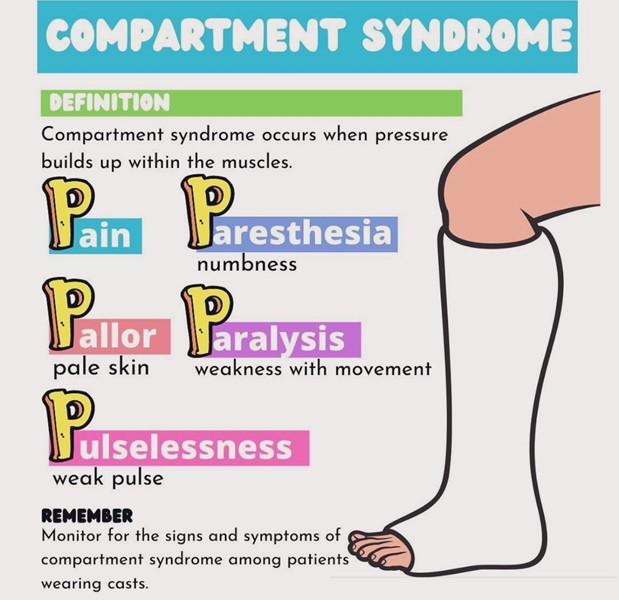A nurse is administering hydromorphone to a client who is experiencing postoperative pain. Which of the following findings is an adverse effect of this medication?
Urinary retention
Dilated pupils
Hypertension
Tachypnea
The Correct Answer is A
Opioid medications can cause urinary retention by inhibiting the normal function of the bladder and reducing the urge to urinate. This can lead to incomplete emptying of the bladder and increased urine retention. Nurses should monitor clients receiving opioids for signs of urinary retention, such as decreased urine output, distended bladder, or discomfort in the lower abdomen.
Opioids generally cause pupil constriction (miosis) rather than dilation (mydriasis). Dilated pupils may indicate other drug use or neurological issues, but they are not a typical adverse effect of hydromorphone.
Hydromorphone is more likely to cause hypotension (low blood pressure) as an adverse effect rather than hypertension (high blood pressure).
Hydromorphone can cause respiratory depression, which is characterized by decreased respiratory rate and depth. Tachypnea (rapid breathing) is not a typical adverse effect of hydromorphone.
Nursing Test Bank
Naxlex Comprehensive Predictor Exams
Related Questions
Correct Answer is D
Explanation
In Hinduism, cremation is the traditional and preferred method of handling the deceased. It is important for the nurse to be culturally sensitive and respectful of the family's religious beliefs and practices while providing postmortem care.
Correct Answer is B
Explanation
Numbness of the toes following a femur fracture can indicate potential nerve compromise or damage, which requires immediate attention. Nerve compression or injury can lead to long-term complications if not addressed promptly. It is important for the nurse to assess the client's neurovascular status, including circulation, sensation, and movement, to determine if there is any compromise to the affected limb.

A client with cirrhosis and severe pruritus can be seen next, as pruritus can significantly affect the client's comfort and quality of life. However, it is not immediately life-threatening.
A client who had a renal biopsy 3 hours ago and has pink-tinged urine should be assessed, but this finding is expected after a renal biopsy. The nurse should ensure that the client is monitored for any signs of bleeding or complications, but it may not require immediate attention unless the bleeding worsens or other concerning symptoms arise.
A client who had a laparoscopic appendectomy 8 hours ago and is awaiting discharge can be seen last, as long as there are no complications or signs of postoperative issues. The nurse should ensure that the client is stable, comfortable, and meeting the necessary criteria for discharge.
Whether you are a student looking to ace your exams or a practicing nurse seeking to enhance your expertise , our nursing education contents will empower you with the confidence and competence to make a difference in the lives of patients and become a respected leader in the healthcare field.
Visit Naxlex, invest in your future and unlock endless possibilities with our unparalleled nursing education contents today
Report Wrong Answer on the Current Question
Do you disagree with the answer? If yes, what is your expected answer? Explain.
Kindly be descriptive with the issue you are facing.
